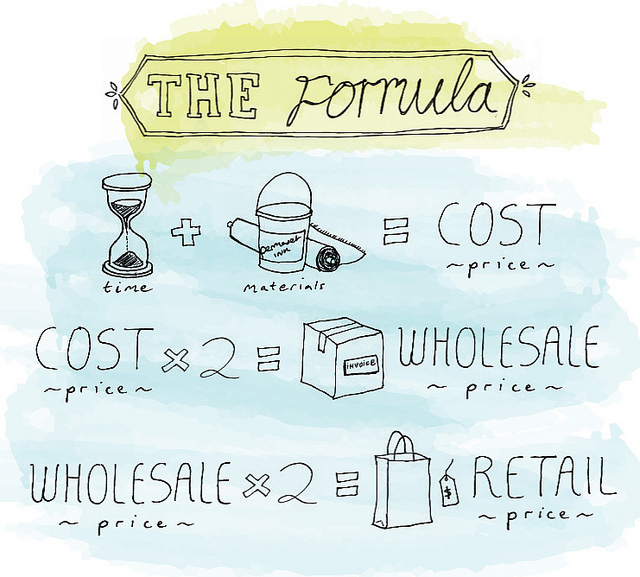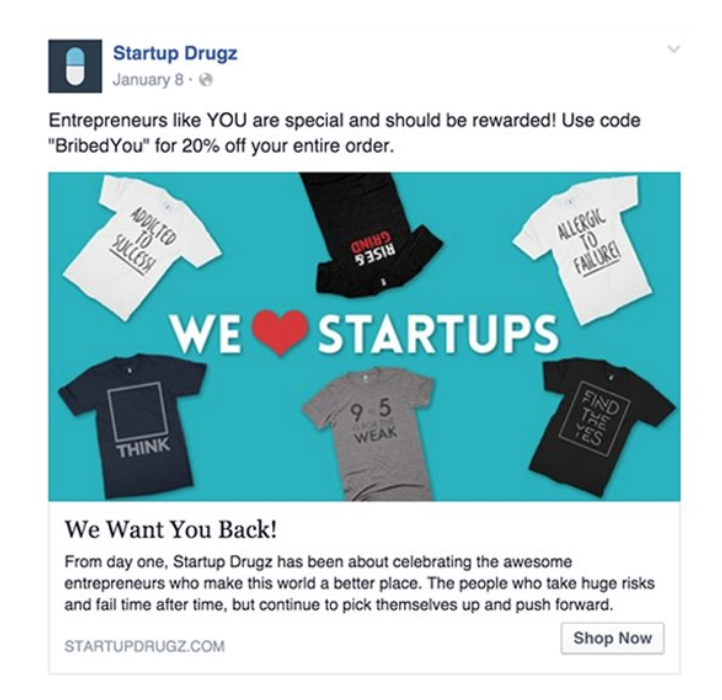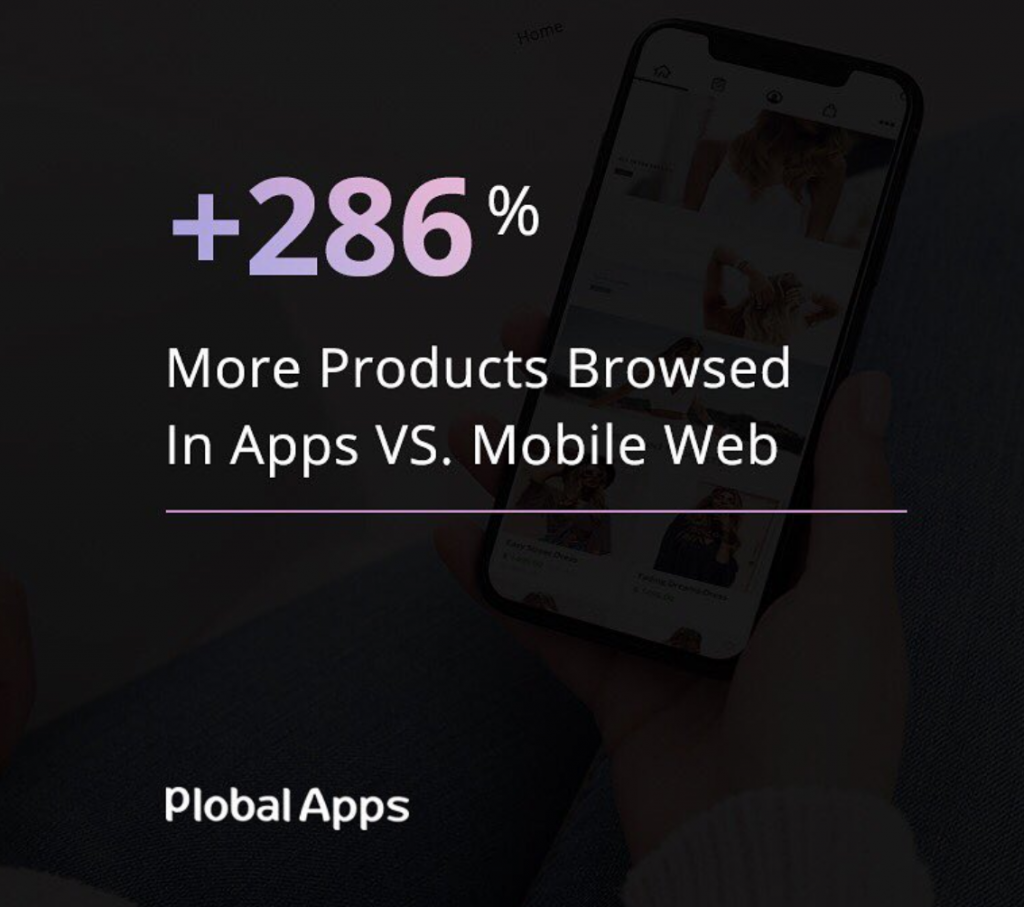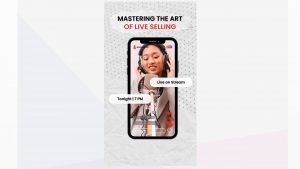A reseller is a middleman between a manufacturer and the end consumer. As a reseller, you can resell products you bought from a manufacturer to customers in your target market. In this case, the reseller or the business owner buys from the manufacturer at a ‘wholesale’ price and sells the product at a higher cost – either online or via direct channels.
You can expand your online store into many niches without inventory fees or high shipping costs. That’s why many entrepreneurs can be seen becoming Shopify resellers.
Why should you become a Shopify reseller?
From quickly being able to source a wide range of products to lowering business setup costs, there are plenty of reasons to become a Shopify reseller. Here are a few reasons why you shouldn’t think twice before starting your reseller business:
1. Launch and run your business easily
After you’ve added some products and content to your online store, you’re all set to start your business as a Shopify reseller. It takes no more than an hour to launch your business, compared to setting up your online store, waiting for the inventory to arrive, and setting up logistics and other processes.
Most of the reseller processes are automated. This allows you to manage your business pretty quickly. You don’t have too much time for packaging and shipping orders.
2. Zero inventory costs and lower financial risks
A reseller doesn’t have to carry inventory. You can use other dropshipping apps to resell goods without buying bulk products in advance. You only pay for goods as a customer purchases them from your store. With zero inventory cost, you can focus on using the resources to market your online store and drive more customers to it.
As a reseller, you also get to enjoy lower shipping fees. It’s perfect for new and budget-conscious entrepreneurs who want to take every step carefully!
3. Create a multi-niche online store easily
As a reseller, you can choose from a wide range of products from different manufacturers. For instance, if you resell clothes, to begin with, you can grow your business quickly and start reselling shoes and handbags as well. Adding more products to your store isn’t a problem as you pay for a product only when the customer purchases it.
What’s more? You can also choose to sell different brands to your customers.
4. Set your profit margins
A reseller can define its margins while reselling products on its online store. Since the cost at which you purchase a product is low, you can choose to price it according to the buying capability of your target market. The higher you set the price, the more margin you make. But at the same time, keeping the consumer’s interest in mind can get you higher purchase orders that will still add to the profit of your online store.
How to sell more as a Shopify reseller
The primary goal of a Shopify reseller is to make more money from their online store. But just as in any business, there are several factors and different strategies that you need to implement to be successful. It would be best if you created a brand that sticks amongst the consumers and remains profitable throughout the year.
Here are some strategies that always work:
1. Smarter product pricing
A typical consumer can buy from at least ten stores while looking for a specific product. That’s where the pricing plays its part in grabbing their attention. While a lower price may get you more customers, it may hamper your profits. That’s why your product price should not just cover the cost of the goods. It should include the cost of marketing, setting up your online store, and any other expenses you made to grow your online store.

2. Leverage social media advertising
According to MarketingSherpa, 95% of online adults aged between 18-34 years are more likely to follow a brand on social media. This makes social platforms like Facebook and Instagram an effective marketing channel for your reseller business.
Create a business page for your reseller online store and run targeted ads to promote your products. If you’re running a sale on your store, let your customers know of the discounts you’re running or promote special discount coupons.
Startup Drugz, for example, actively promotes its apparel to its fans using Facebook ads.

3. Use content marketing
Since you don’t have to invest heavily in inventory, keeping up with digital marketing trends is an excellent idea to keep your online store ahead of the competition. Try creating lookbooks around the products you’re offering, create quick videos to showcase how they look, or collaborate with influencers to find new ways to present the products to your target market. It’s a great way to build your brand and follow in any niche you pick!
For example, Scotts menswear creates content around things that interest their typical buyer – sports, movies, fashion, etc.

4. Create a mobile community
Here’s a fun fact. 39% of consumers have at least two retail apps on their phone, and 27% have up to 5. The reason is they prefer shopping on the go! If you have an app for your online store, 286% more products are browsed. That’s why having a mobile community is so important!
While setting up your online store will open your reselling business to a global market, having an app will get you an engaged community of customers who keep coming back to your store for purchases. And with an intelligent Shopify mobile app creator, it would take no more than 10 minutes to take your very own mobile app live.

For example, Sniper Gang Apparel created a mobile app for its Shopify store. They drove 30k app installs in less than four months, reinstating how their consumers were almost waiting for it! (Check out their case study here)
Getting started as a Shopify reseller
Now before you jump in and become a Shopify reseller, here are a few things you need to answer for yourself:
- What target market are you planning to reach out to?
- What products do you want to sell in your store?
- Are there any brands that your target market is biased towards?
- How many resources do you have to market the products on digital channels?
- Can you invest in social media advertising?
- Is the manufacturer reliable? (You don’t want to be scammed!)
|
P.S – Here’s something fun for you to do We’ve created a super fun bingo challenge for all eCommerce founders. Download the below image, tick off the boxes on what you’ve done, post it on your Instagram story or posts, and tag us with #ecommbingo20.
|
 |






Share Your Views!